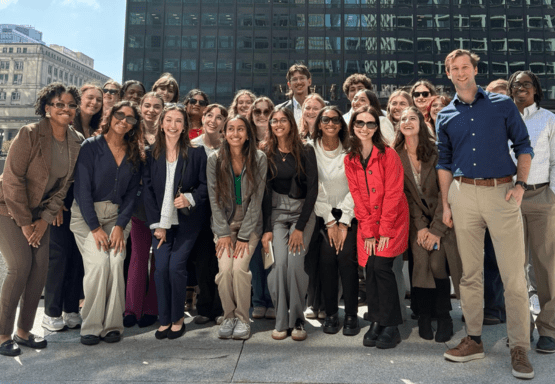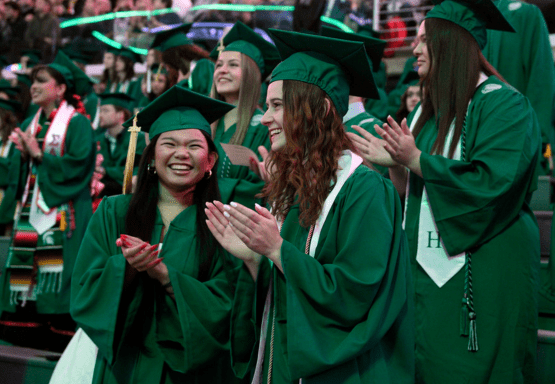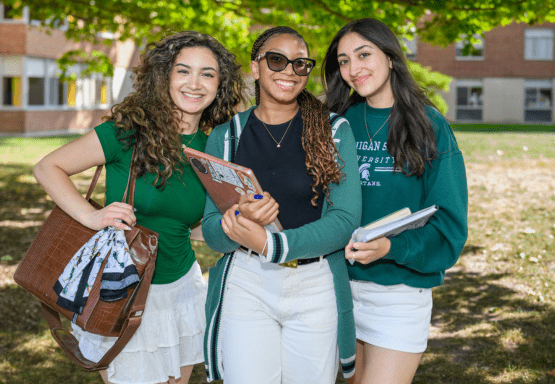Faculty Spotlight: Norman Graham
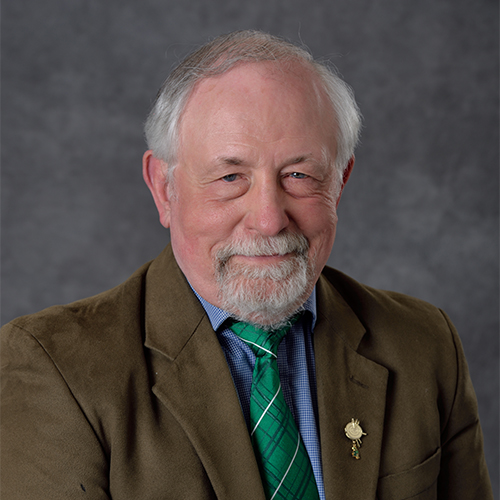
On April 5, Norman Graham, professor of international relations in James Madison College, was honored with the prestigious Ralph Smuckler Award for Advancing International Studies and Programs. Graham is the second faculty member in JMC to receive the award.
For 30 years, Graham served as director of Michigan State University’s Center for European, Russian and Eurasian Studies, or CERES. His teaching and scholarship focus on international economic and security relations and sustainable development in Europe and Eurasia.
“Professor Graham’s character and ways of working with colleagues has made an impact —whether measured in the hundreds of his students now doing international work in the public and private sectors or the many linkages created between MSU and international universities and research institutes,” said Sherman W. Garnett, professor of international relations and former dean of JMC.
In a recent interview, Graham shares background about his career trajectory, highlighting some of the most ‘enriching’ aspects of his 35 years as a global Spartan.
How did your role with the United Nations inform the work you do as a scholar?
I think my work at the UN had an important impact on both my scholarship and my teaching. Most obviously, it led directly to my first two co-authored books: “The International Civil Service: Changing Role and Concepts” and “The United States and Multilateral Diplomacy: A Handbook.” It was really interesting to observe as a staff member how the UN actually operates. Theory (from my international organization and international law studies at Columbia) and reality are not always a close match. I still use a UN global conference simulation exercise in MC 221 course: The Politics of International Economic Relations. I think the theory/reality gap is evident even there, as my students face the “reality” of pursuing national interests in contention with very different political positions held by other states, regardless of what might be best for the planet according to most scientists.
What do you love most about teaching undergraduate students?
The easy answer, of course, is because we get such good ones – interesting, hardworking — generally not looking for the easy way out — and full of diverse perspectives and ideas. I can hardly remember a course in my 30 plus years here in which I was not challenged and motivated by my students.
Teaching a senior seminar in international relations at the college often seems more rewarding than what my colleagues across the university seem to experience in their seminars of sometimes jaded, certainly stressed-out graduate students. Our final research papers are often top notch. By the time our students are seniors they have substantial research and writing experience, and, assuming they are not plagued with “senioritis,” they rise to the occasion of the demands of our seminars. I must add that our new system of MC 202 first-year seminars has — from my experience — also led to some remarkable student research experiences.
Tell us about the MSU Center for European, Russian, and Eurasian Studies. What should students know about the opportunities available through CERES?
I inherited the coordinating role for JMC’s undergraduate specialization in Western European Studies from Professor Michael Schechter when he moved to be Assistant Dean of International Studies and Programs. ISP Dean Gill-Chin Lim subsequently invited me to serve as the first director of a merged Center for European, Russian and Eurasian Studies given the disintegration of the USSR and the apparent end of the Cold War. The WES specialization was transformed into a minor in European Studies accompanied by a minor in Russian and Eurasian Studies, both of which have been popular options Madison students.
Our students are able to build on their required college-level foreign language studies and take advantage of the rich regional course offerings across the university with European or Russian/Eurasian studies content. The Center also helps to support education abroad offerings in the region, which are many and varied, including our own flagship faculty-led summer programs: International Relations in Brussels, Comparative Republicanism in Rome and Florence and, of course, our direct enrollment semester programs in Baku, Azerbaijan; Lille France; Budapest, Hungary; and Istanbul, Turkey. I think many of our alumni look back at their experiences in these programs with fondness and satisfaction that they were important to their education.
How has your involvement with international travel and education abroad at MSU aided in your research, curriculum and the relationships built with students?
My work to develop and expand our education abroad programs, including those just mentioned, has been rewarding in so many ways. I have been fortunate to be able to develop lasting research and teaching partnerships with prominent faculty and students in more than twelve European or Eurasian countries. Much of my research on European political economy and security issues and on the Water-Energy-Food Nexus in Central Eurasia has stemmed from these relationships, and I have enjoyed expanding and intensifying my teaching offerings with the help of the student and faculty relationships we have established and nurtured over the years. Travel to Turkey and Central Asia was very important in the development of “Making Russia and Turkey Great Again? Putin and Erdogan in Search of Lost Empires and Autocratic Power.”
Professors Folke Lindahl and Timur Kocaoglu joined me in this interdisciplinary enquiry that benefitted from the academic partnerships we had formed with several major Turkish and Eurasian universities. My current book project “Energy, Environment and Geopolitics in Eurasia: Running on Empty in the Search for Security in the Water-Energy-Food Nexus” is with Professor Şuhnaz Yılmaz of Koç University in Istanbul, whom I first met during one of our Madison education abroad trips to Turkey.
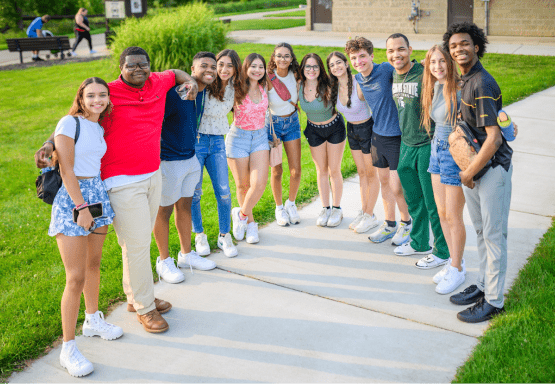
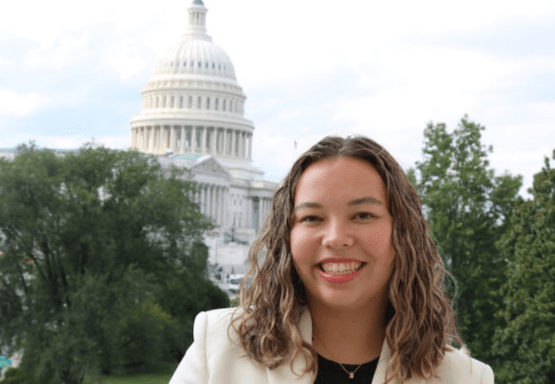
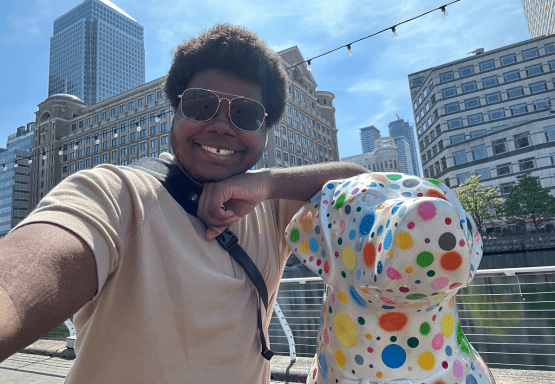
.png?h=384&iar=0&w=555)
